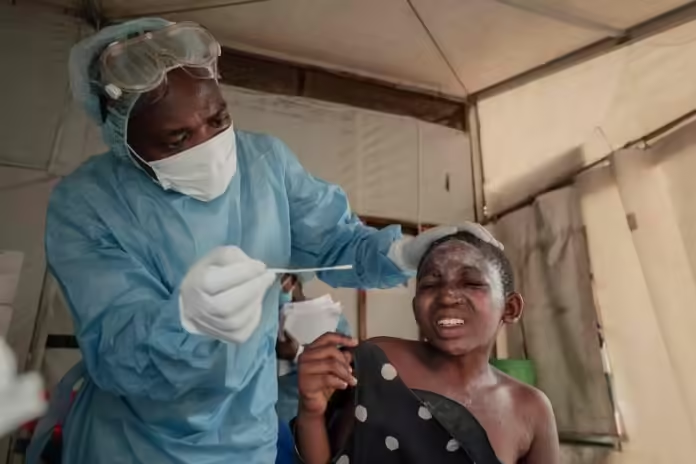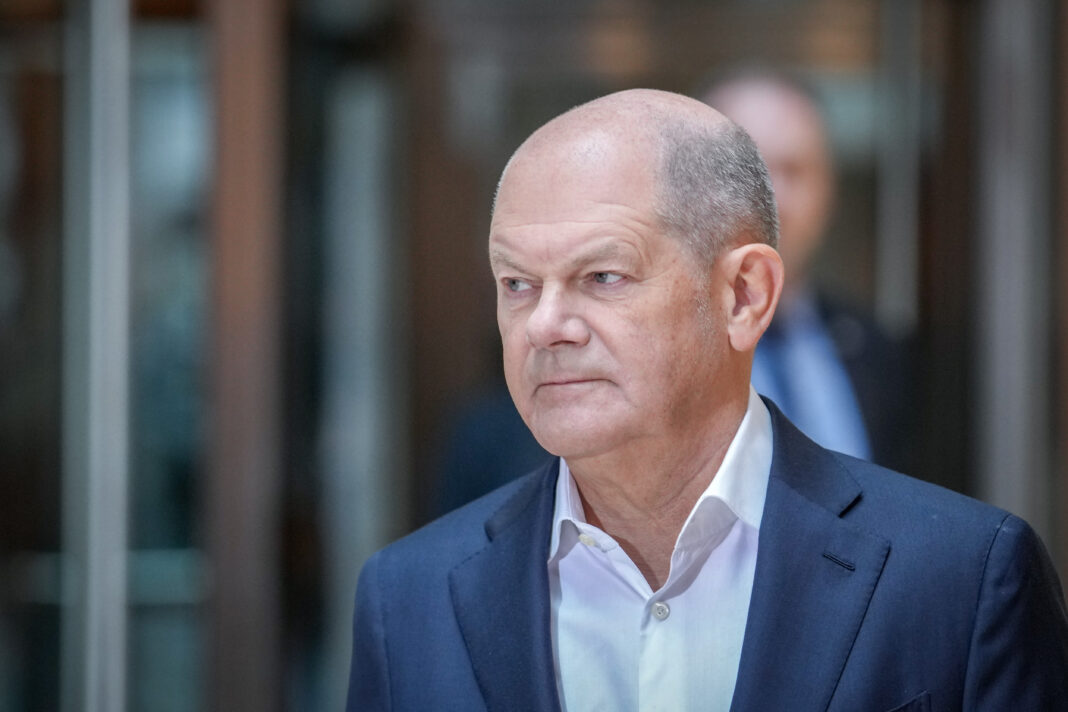LONDON (CHATNEWSTV) — The UK government has committed £5.5 million to combat ongoing mpox outbreaks in the Democratic Republic of Congo (DRC) and neighboring countries, officials announced Wednesday.
The funding will support nine research projects focusing on transmission patterns, vaccine development, and treatments for the virus, particularly for vulnerable groups like mothers and newborns. It is part of the UK’s international response to mpox, aiming to strengthen global health security and protect its population.
“We are proud to be at the forefront of the international response to mpox,” Health Minister Baroness Gillian Merron said. “This crucial funding will develop our understanding of the disease and hopefully create new ways to protect people, especially mothers and their babies who are most at risk. It will also help improve our resilience to future outbreaks.”
The investment comes through the National Institute for Health and Care Research (NIHR) and the Official Development Assistance (ODA) budget. It aligns with the UK government’s 10-Year Health Plan, which prioritizes shifting focus from sickness to prevention.
Tackling Mpox at Its Source
The initiative will explore the genetics and transmission of the Clade 1b mpox virus, which the World Health Organization (WHO) declared a Public Health Emergency of International Concern (PHEIC) in August 2024. The outbreak has affected the DRC, spread to neighboring countries, and seen isolated cases in Sweden, Thailand, and the United States.
Professor Lucy Chappell, Chief Scientific Adviser at the Department of Health and Social Care, emphasized the importance of the research.
“Scientific research can improve lives, and this vital funding will strengthen our international response to mpox. By collaborating with global partners, we can better prevent and control future outbreaks.”
The funding will support partnerships with the European & Developing Countries Clinical Trials Partnership (EDCTP) and organizations such as UNICEF and the WHO. The research will focus on:
•Enhancing surveillance and public health responses in affected areas.
•Developing and testing vaccines for vulnerable populations.
•Conducting clinical trials to improve vaccine efficacy and antiviral treatments.
“Working together as genuine partners to tackle infectious diseases helps us all,” said Anneliese Dodds, Minister for Development. “By investing in expertise, we will better equip the international community to tackle this disease and protect communities both in central Africa and at home.”
The UK government previously secured over 150,000 mpox vaccine doses in September 2024 to boost domestic resilience against the virus. While the risk to the UK population from Clade 1b mpox remains low, the government has implemented extensive planning to ensure healthcare readiness.
Professor Susan Hopkins, Chief Medical Advisor at the UK Health Security Agency, underscored the global importance of the initiative. “Research funding for mpox in the areas most affected in Africa is critical to understanding this disease. This collaborative funding will provide much-needed support to reduce its spread across the globe.”
The funded projects will address gaps in epidemiology, enhance surveillance, and focus on maternal and infant health in the DRC and other affected regions. Experts hope these efforts will not only combat mpox but also advance health equity and strengthen public health systems in sub-Saharan Africa.
 Donate
Donate



